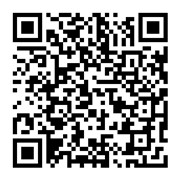压岁钱的神秘传说:英文版故事与中文翻译大揭秘
The Legend of the Auspicious Money (Easterly Money): Revelation of the English Story and Chinese Translation
In Chinese culture, the distribution of easterly money is a cherished tradition during the Spring Festival. This practice is steeped in a captivating legend that adds a mystical touch to the festive spirit. According to the tale, the easterly money is believed to be a gift from the gods, specifically the Kitchen God, who resides in every household. The Kitchen God is responsible for overseeing the family's culinary affairs and reporting their deeds to the heavens.
The legend goes that on the night before the Lunar New Year, the Kitchen God embarks on his journey to the celestial realms. To ensure he has a pleasant and truthful report, families offer the Kitchen God offerings, including easterly money. This money is thought to serve as a bribe, sweetening the Kitchen God's speech in favor of the family.
The tradition of giving easterly money dates back centuries and has been passed down through generations. It symbolizes blessings, good fortune, and protection for the family. The money is usually given in red envelopes, which are believed to ward off evil spirits and bring luck.
In modern times, the legend of the easterly money continues to be a significant part of Chinese culture, especially during the Spring Festival. Despite the evolution of society and the advancements in technology, the tradition remains a cherished way to express love, care, and blessings to family members, particularly the younger generation.
The story of the easterly money not only highlights the cultural significance of the tradition but also emphasizes the importance of family and the desire for a prosperous and harmonious life. It serves as a reminder of the rich heritage and timeless values that define Chinese culture.


